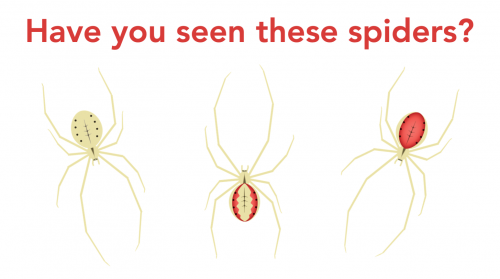Oh no, Richard Dawkins, stop. He’s asked in an interview what he thinks of doctors being arrested for gender affirming care, and his old eloquence is completely gone. He stutters, he stammers, he struggles to get an answer out, and he looks for an excuse to evade the question — for adults, he asks, or children. Like it makes a difference, like there’s an age that justifies suffering. He finally gets out…
I had a wide ranging interview today with Richard Dawkins. In this clip, I ask him his views on the potential of jailing doctors who provide gender-affirming care pic.twitter.com/8dQtfVkcsS
— David Pakman (@dpakman) July 11, 2023
I would have strong objections to doctors injecting minors, children, or performing surgery on them to change their sex
Note that this does not answer the question. Should doctors be jailed for providing gender-affirming care? I don’t care if someone has opinions and objects, the question is whether it is right for the state to arrest care-givers for giving care?
OK, so he doesn’t think children should be treated for this issue — not that they’re getting sex change operations anyway, they might at best be given therapy and reversible puberty blockers. What about adults?
If they’ve thought about it properly
As if trans people don’t even think long and hard about it, and as if he’s the right person to judge if they’ve properly thought about it. He goes on to say that it might be OK if if they struggle
and suffer
over it. You can be trans, according to Dawkins, if you’ve been made sufficiently miserable.
What we’re seeing now is a fashion, a craze, mimetic epidemic which is spreading like an epidemic of measles or something like that
Oh, just go ahead and spit out the words woke mind virus,
it’s what you really want to say, boomer.
That doesn’t even make sense. Is measles a meme now? Is it really a good idea to compare a fashion
to a serious, life threatening disease? Is the state of being trans a biological disease at all?
Dawkins really needs to learn that if he doesn’t have an informed opinion on a topic, he should refrain from answering…especially if he’s just going to regurgitate that anti-trans crap that is so popular over there on the other side of the Atlantic.








